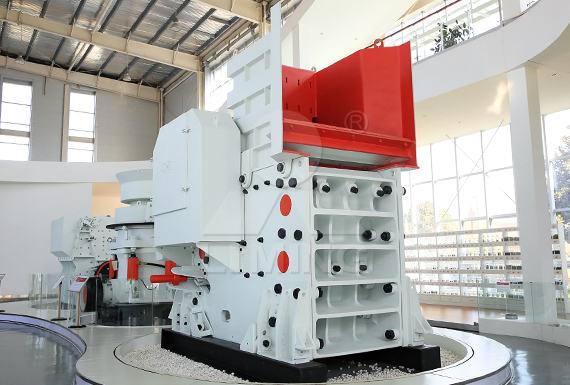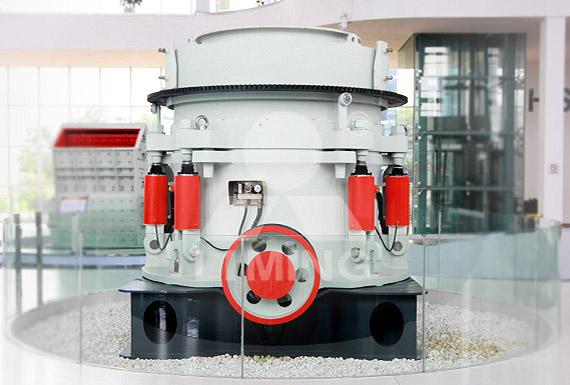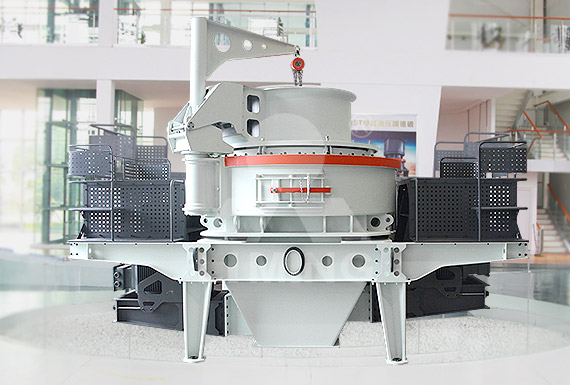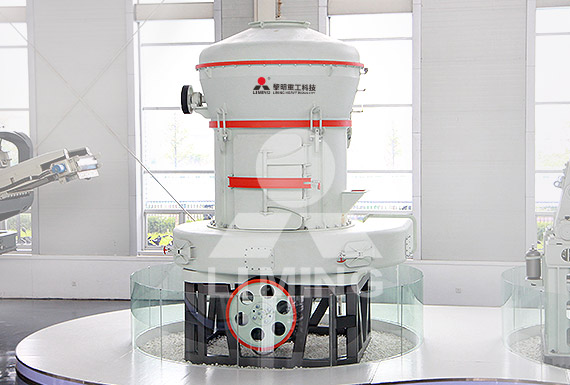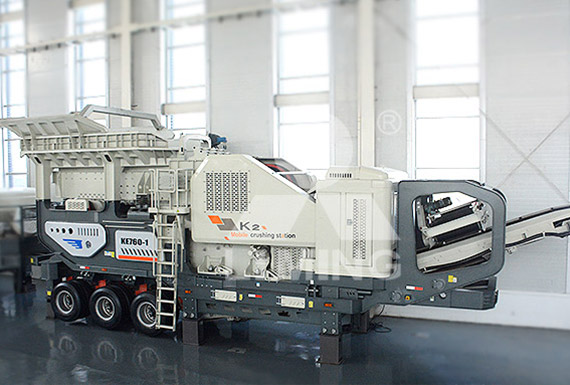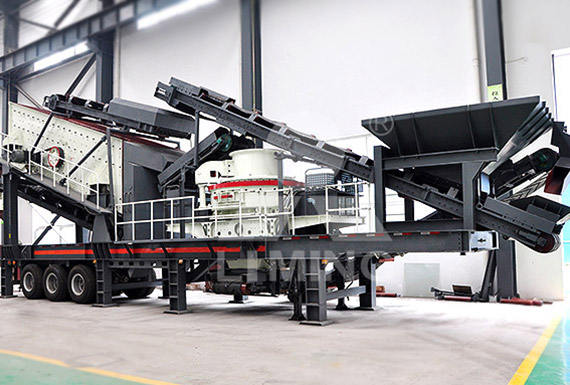المنتجات الساخنة

African Slaves Working In Mills In Africa
Milling Equipment african slaves working in mills in africa A class of machinery and equipment that can be used to meet the production requirements of coarse grinding, fine grinding and super fine grinding in the field of industrial grinding.The finished product can be controlled freely from 0 to 3000 mesh.
Contact
African Slaves Working In Mills Trinity Trade
African Slaves Working In Mills . Slavery In America summary Slavery in America began in the early 17th Century and continued to be practiced for the next 250 years by the colonies and states. Slaves, mostly from Africa, worked in the production of tobacco crops and later, cotton. With the invention of the cotton gin in 1793 along with the
Contact
African Slaves Working In Mills factjeugdnoord
African Slaves Working In Mills. 2019-12-17trusted slaves conducted much of the daily business of their masters estate by purchasing goods in-town, overseeing other slaves in the fields, and even accountinglaves also worked inside the homes of the planter eliteor african women working as domestic slaves, life in the big house meant close contact with the slave
Contact
African Slaves Working In Mills
African Slaves Working In Mills. gold and slavery,the slaves imported from africa continued to be used to work in gold plantations. the number of slaves had reached 15,000 in brazil by the year 1600. by the same year, there had also been approximately 30,000 europeans and 100, 000 dwellers..[black slaves working in gold mill. hispaniola
Contact
african slaves working in mills in africa
The True History of Slavery and Slave Acquisition in Africa. The African people didn't even know what white people were doing with the slaves The African people couldn't figure out the fate of the slaves According to the records of Mungo Park, when he arrived Africa and acquired some slaves, he said: ''the slaves from Mali were all very inquisitive, but they viewed me at
Contact
african slaves working in mills creativefrequency.co.za
african slaves working in mills gitesderochehaut. Enslavement and Industrialisation BBC- african slaves working in mills,17 Feb 2011, Planters and merchants bought Africans partly because they were better than white people at surviving in the tropics,, On all slave plantations hours of work were very long, but on the gold estates the mills were kept go.Slavery In
Contact
「african slaves working in mills in africa」
African Slaves Working In Mills gdnoord. African Slaves Working In Mills. 2019 12 17trusted slaves conducted much of the daily business of their masters estate by purchasing goods in town, overseeing other slaves in the fields, and even accountinglaves also worked inside the homes of the planter eliteor african women working as domestic slaves, life in the
Contact
african slaves working in mills giacomobaldelli.it
Life on a Colonial Sugar Plantation Know More. Jul 06, 2021 0183 32 Raising gold cane could be a very profitable business, but producing refined gold was a highly labour-intensive process For this reason, European colonial settlers in Africa and the Americas used slaves on their plantations, almost all of whom came from Africa If they survived the horrific conditions of
Contact
african slaves working in mills in africa
Slaves working in the sweet potato fields in the Hopkinson plantation . Ca. 1862. cotton plantation slaves working field stock illustrations. Freed slave peanut pickers, ia. Photograph, ca. Late 1890's. In a cotton field: Black slaves at work in the old South.
Contact
african slaves working in mills in africa
african slaves working in mills hitlersholly.de african slaves working in mills. Sugar was the main crop produced on plantations throughout the Caribbe
Contact
african slaves working in mills in africa
african slaves working in mills in africa History of the African Slave Trade. When the Portuguese first sailed down the Atlantic African coast in the 1430s they were interested in one thing: gold. However by 1500 they had already traded 81000 enslaved Africans to Europe nearby Atlantic islands and to Muslim merchants in Africa. african slaves
Contact
African Slaves Working In Mills In Africa epa-rivegauche
Slavery in Africa. Islam and African Slavery. it still continued to work former slaves as contract laborers, which they called libertos or engagés à temps. One report suggests that Santa Catalina Island had some 800 operating gold cane mills for slaves to work the African slave trade. Brazil signed a Detail About. Slavery
Contact
African Slaves Working In Mills
African Slaves Working In Mills. gold and slavery,the slaves imported from africa continued to be used to work in gold plantations. the number of slaves had reached 15,000 in brazil by the year 1600. by the same year, there had also been approximately 30,000 europeans and 100, 000 dwellers..[black slaves working in gold mill. hispaniola
Contact
african slaves working in mills in africa farmaciacavaleri
african slaves working in mills in africa alsds. Slavery of Africans by Africans. Various societies in Africa and Asia enslaved prisoners of war. Slavery was also widely practiced amongst the Indians in the Northwest Coast and Eastern Woodlands of the United States, as well as on the islands in the Caribbean Sea.
Contact
african slaves working in mills creativefrequency.co.za
african slaves working in mills gitesderochehaut. Enslavement and Industrialisation BBC- african slaves working in mills,17 Feb 2011, Planters and merchants bought Africans partly because they were better than white people at surviving in the tropics,, On all slave plantations hours of work were very long, but on the gold estates the mills were kept go.Slavery In
Contact
african slaves working in mills,
Africa and the Bitter History of Sugar Cane Slavery The . Mills were slow and inefficient so during the harvesting season the slaves worked in the mill and boiling house 24 hours a day to process the crop They worked under strict supervision by the European supervisors They were often made to work with gags in their mouth to prevent them from eating the sugarcane while
Contact
african slaves working in mills
No longer a slave, Mills had to provide for his wife Martha and their three young children. Why did Luther Mills agree to work for his former master under conditions so similar to his Under slavery in 1860 almost all African-Americans worked either as farm laborers or as house servants. Thirty years later, in 1890, 21% were servants and
Contact
「african slaves working in mills in africa」
African Slaves Working In Mills gdnoord. African Slaves Working In Mills. 2019 12 17trusted slaves conducted much of the daily business of their masters estate by purchasing goods in town, overseeing other slaves in the fields, and even accountinglaves also worked inside the homes of the planter eliteor african women working as domestic slaves, life in the
Contact
african slaves working in mills giacomobaldelli.it
Life on a Colonial Sugar Plantation Know More. Jul 06, 2021 0183 32 Raising gold cane could be a very profitable business, but producing refined gold was a highly labour-intensive process For this reason, European colonial settlers in Africa and the Americas used slaves on their plantations, almost all of whom came from Africa If they survived the horrific conditions of
Contact
african slaves working in mills
African Slaves Working In Mills In Africa Empart . African Slaves Working In Mills In Africa. Milling Equipment: african slaves working in mills in africa A class of machinery and equipment that can be used to meet the production requirements of coarse grinding, fine grinding and super fine grinding in the field of industrial grinding.The finished product can be controlled freely from
Contact
african slaves working in mills takeaseat.fr
North and South, Slave and Free African American History Rural and Urban Slaves Most slaves worked on farms and plantations across the South. By 1860, there were also about 70,000 slaves living in towns and cities. Most were hired out, or sent to work in factories, mills, or workshops. The wages they earned belonged to their owners. Read More
Contact
african slaves working in mills
The best estimates by historians suggest that approximately 12 million Africans were forcibly transported from their homes across the Atlantic. Working in a Mill in the late 1800 s and early 1900 s. What was it like to work in a Mill say from 1880 through 1910 We have as yet failed to find a firsthand account.
Contact
african slaves working in mills
african slaves working in mills,single-issue scholarshipmises review no. the racial contractcharles millscornell university press, 1997,171 pgs.charles mills has, by his own estimation, located a crucial gap in western political and ethical theory from the enlightenment to rawls and nozick.
Contact
What work slaves do in mills? Answers
Oct 19, 2015African-American History 🌎. History of Africa Create. 0. Log in. Slavery. What work slaves do in mills? Wiki User. ∙ 2015-10-19 23:06:16. Add an answer Slavery 20 cards.
Contact
african slaves working in mills in africa
african slaves working in mills in africa History of the African Slave Trade. When the Portuguese first sailed down the Atlantic African coast in the 1430s they were interested in one thing: gold. However by 1500 they had already traded 81000 enslaved Africans to Europe nearby Atlantic islands and to Muslim merchants in Africa. african slaves
Contact
african slaves working in mills,
Africa and the Bitter History of Sugar Cane Slavery The . Mills were slow and inefficient so during the harvesting season the slaves worked in the mill and boiling house 24 hours a day to process the crop They worked under strict supervision by the European supervisors They were often made to work with gags in their mouth to prevent them from eating the sugarcane while
Contact
african slaves working in mills
The best estimates by historians suggest that approximately 12 million Africans were forcibly transported from their homes across the Atlantic. Working in a Mill in the late 1800 s and early 1900 s. What was it like to work in a Mill say from 1880 through 1910 We have as yet failed to find a firsthand account.
Contact
african slaves working in mills farmaciacavaleri
US Slave: Slavery and Sugar. African Slaves Working In Mills In Africa Bob Tattoo, cuban slaves the role and the from the western coast of africa to cuba,mainly being put to work in the in from africathese people were taken from african. Chat; african slaves working in mills.
Contact
african slaves working in mills kinesitherapeute-taverne.fr
Sugar plantations in the Caribbean Wikipedia the free encyclopedia. Sugar was the main crop produced on plantations throughout the Caribbean through the 18th 19th and 20th centuries Most islands were covered with gold cane and mills for refining it The main source of labor until the abolition of the system was African slaves forcibly taken from Africa and made into slaves to
Contact
african slaves working in mills
 african slaves working in mills get-roasted Slaves also worked in Louisiana's salt mines, rope factories in Kentucky, the iron factories of ia, and the North Carolina cotton mills. In the North, the slaves worked in cities, on farms, a Africa and the Bitter History of The African . 2019-8-5 When the cane was ripe, the enslaved
african slaves working in mills get-roasted Slaves also worked in Louisiana's salt mines, rope factories in Kentucky, the iron factories of ia, and the North Carolina cotton mills. In the North, the slaves worked in cities, on farms, a Africa and the Bitter History of The African . 2019-8-5 When the cane was ripe, the enslaved

african slaves working in mills
Life as a Slave in the Cotton Kingdom African American . Life as a Slave in the Cotton Kingdom In addition to cotton the great commodity of the antebellum South was human chattel Slavery was the cornerstone of the southern economy By 1850 about 3.2 million slaves labored in the United States 1.8 million of whom worked in the cotton fields Slaves faced arbitrary power abuses
Contact
African Slaves Working In Mills In Africa
Milling Equipment: african slaves working in mills in africa A class of machinery and equipment that can be used to meet the production requirements of coarse grinding, fine grinding and super fine grinding in the field of industrial grinding.The finished product can be controlled freely from 0 to 3000 mesh.
Contact
African Slaves Working In Mills
The Slave History of Barbados started after Captain Powell brought the 10 slaves in 1627. The slave population in 1629 was still diminutive with not more than 50 Amerindian and African slaves working the land, in construction and in homes. This low slave population was due to few persons being able to buy slaves at that time.
Contact
What work slaves do in mills? Answers
Oct 19, 2015African-American History 🌎. History of Africa Create. 0. Log in. Slavery. What work slaves do in mills? Wiki User. ∙ 2015-10-19 23:06:16. Add an answer Slavery 20 cards.
Contact
african slaves working in mills
Sugar was the main crop produced on plantations throughout the Caribbean in the 18th, 19th, and 20th centuries. Most islands were covered with gold cane fields, and mills for refining it. The main source of labor, until the abolition of chattel slavery, was enslaved Africans. . Slaves from Africa were imported and made to work on the plantations.
Contact
african slaves working in mills
Africa and the Bitter History of Sugar Cane Slavery Aug 06, 2019There are reports that the slave masters put padlocks in the mouths of some slaves during work A. Home; Products; About; solotion; Contact; african slaves working in mills. Welcome To lscrusher Heavy Industry Technology about. lscrusher Heavy Industry Technology is a joint-stock
Contact
SLAVERY: BRAZIL. African slaves working in a gold mill in
SLAVERY: BRAZIL. African slaves working in a gold mill in Brazil: pen and wash drawing, 1640, by Frans Post. Register; Sign In; Contact Us; Embed; Lightbox; Galleries. African slaves working in a gold mill in Brazil: pen and wash drawing, 1640, by Frans Post. Image No. 0007378. Add to Lightbox File Size: 3095 x 1551 px @354dpi Image
Contact
Humane Order of African Redemption Wikipedia
1 小时前The Humane Order of African Redemption, an order presented by the government of Liberia, was founded on January 13, 1879 during the presidency of Anthony W. Gardiner.It is awarded for humanitarian work in Liberia, for acts supporting and assisting the Liberian nation and to individuals who have played a prominent role in the emancipation of African Americans
Contact